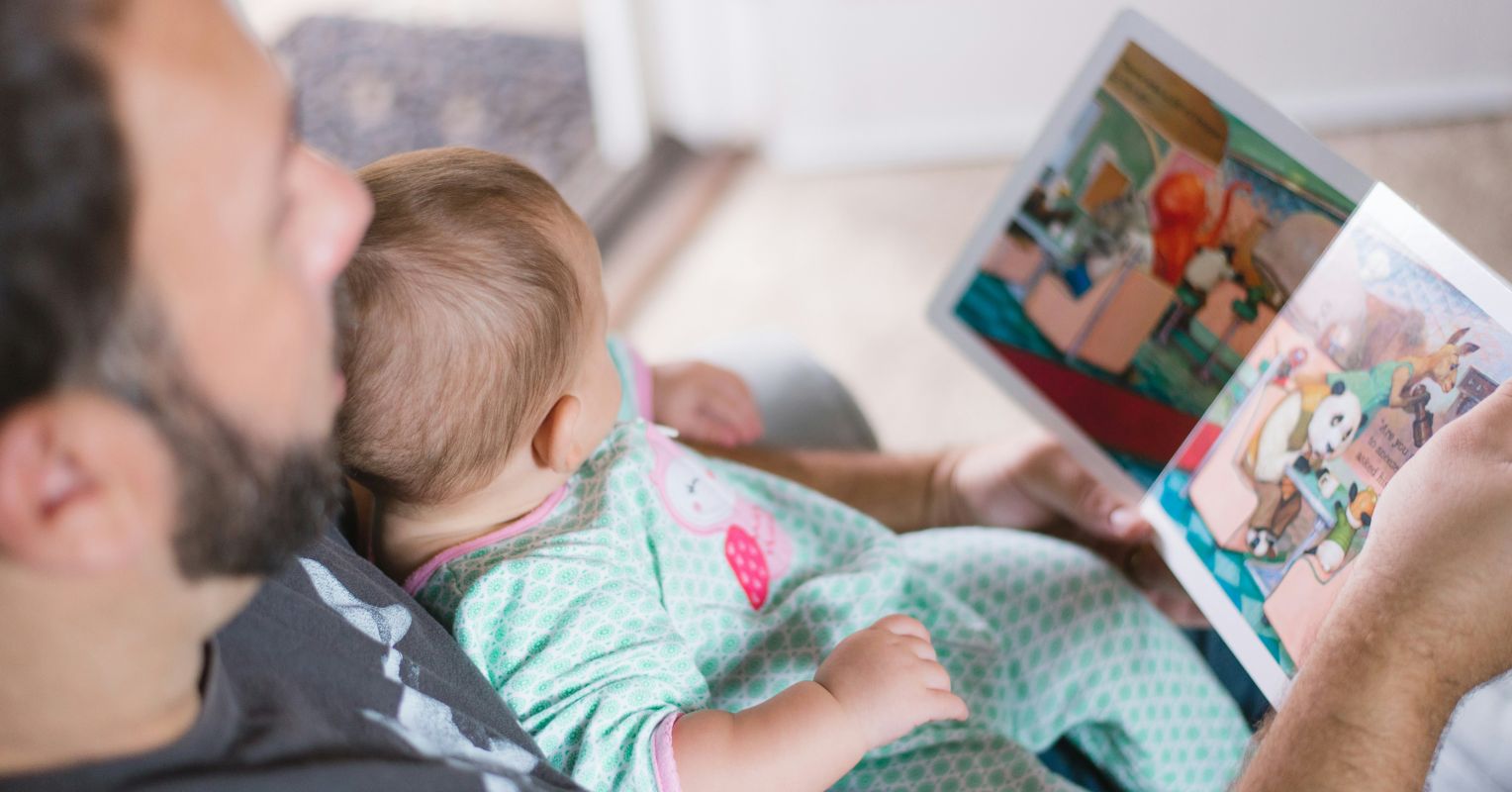
"I had unbelievable nausea my first trimester of pregnancy. As I opened the fridge and experienced the gut punch that was a wave of nausea in response to the smell of food, I hurled over and said, "This sucks. I can't wait until I am out of this first trimester." "Just wait. You will miss just having nausea when you experience all of the pain of your third trimester.""
"As I reached for a couch to sit down, I caught my breath and said, "I am so sick of being pregnant. I can't wait to have this baby." "Just wait. You think this is bad now? You have no idea how hard it is going to be when you have a newborn and don't get to sleep for months.""
"My hormones were in a frenzy, I was battling baby blues, and hadn't gotten more than three hours of sleep in weeks. "I cannot wait for this newborn phase to be over. I am exhausted." "Just wait. You think this is hard? Enjoy it now because this is the easy part. She can't walk yet. Just wait until she is a toddler.""
The phrase "Just wait" repeatedly appears as a minimizing response to parental hardship at different stages: severe first-trimester nausea, debilitating third-trimester pain, relentless newborn exhaustion, and challenging toddler behavior. Each instance shows an immediate expression of suffering met with anticipatory dismissal predicting worse future difficulties. The repeated reassurance functions as a form of silencing rather than support. Parents facing physical pain, emotional upheaval, and sleep deprivation require validation and empathy for present difficulties. Empathy that acknowledges current hardship better supports coping than sympathy framed as a warning about future stages.
Read at Psychology Today
Unable to calculate read time
Collection
[
|
...
]